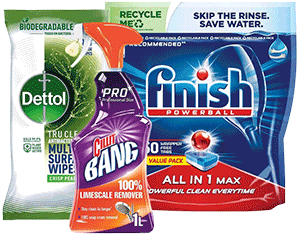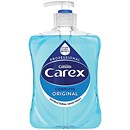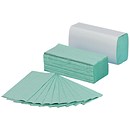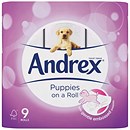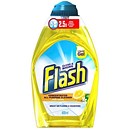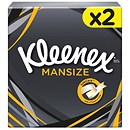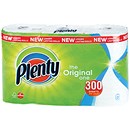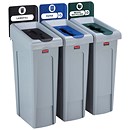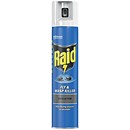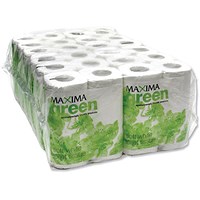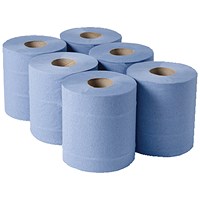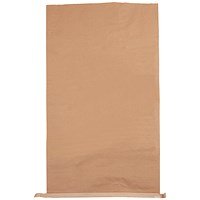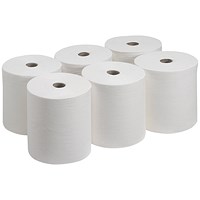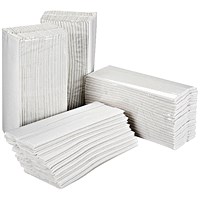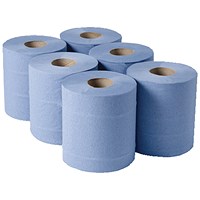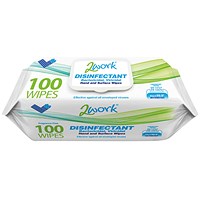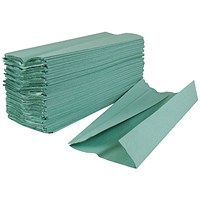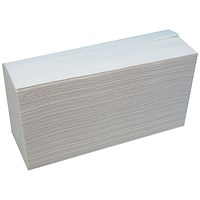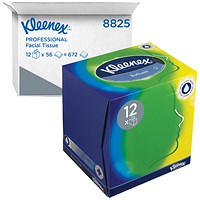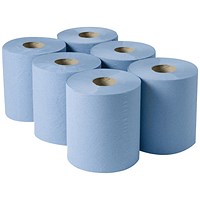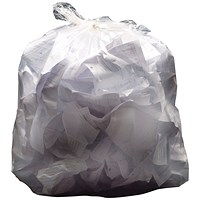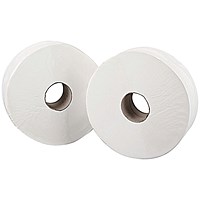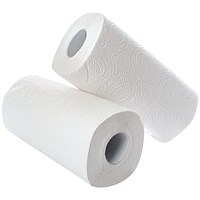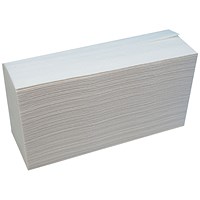Janitorial Supplies at Paperstone
Many of us take a clean working environment for granted. We finish our day's work, perhaps tired and glad to be leaving the office, and forget that another team of workers are about to start neatening our desks, wiping down coffee cup rings and scrubbing the office toilets.
A clean working environment is an efficient working environment. A dirty office lowers worker morale and can have an adverse effect on stress levels. So we believe that cleaning and janitorial products are as important to an office as staplers and inkjet cartridges!
Did you know?
Workplaces must meet certain standards of hygiene under health and safety law. The Health and Safety Executive website provides more information on how to meet minimum workplace standards and facilities for customers and employees.
Our range
- Cleaning equipment –brushes, buckets, mops and more.
- Cleaning products – soaps, liquids, powders and bleaches for all office, kitchen and bathroom needs. Big brands like Flash and Mr Muscle at low prices.
- Rubbish bins and bags including recycling, wheelie, and other indoor and outdoor bins.
- Dispensers and refills for soaps, rolls and fragrances
- Toilet and kitchen rolls.
Janitorial trivia
- Perhaps the largest toilet in the world opened in the Chinese city of Chongqing in 2013. This 'palace' contains more than 1,000 toilets spread out over 32,290 square feet. The four-storey building features innovative urinal designs – crocodiles, Virgin Marys, etc. – and plays soothing music to patrons.
- Some transgender groups campaign for more gender-neutral bathrooms as they eliminate some of the difficulties faced by transgender individuals in this area.
- Depending on the products, mixing bleach and acid toilet cleaner can produce a potentially fatal chlorine gas similar to the mustard gas used in the 1st World War.
- A notable thinker on dirt was the anthropologist Mary Douglas. Our practices relating to hygiene, cleanliness and purity are, she demonstrated, more to do with maintaining the social order than with health concerns or arbitrary dictates from God. Since these practices are culturally specific, “There is no such thing as absolute dirt; it exists in the eye of the beholder.”
